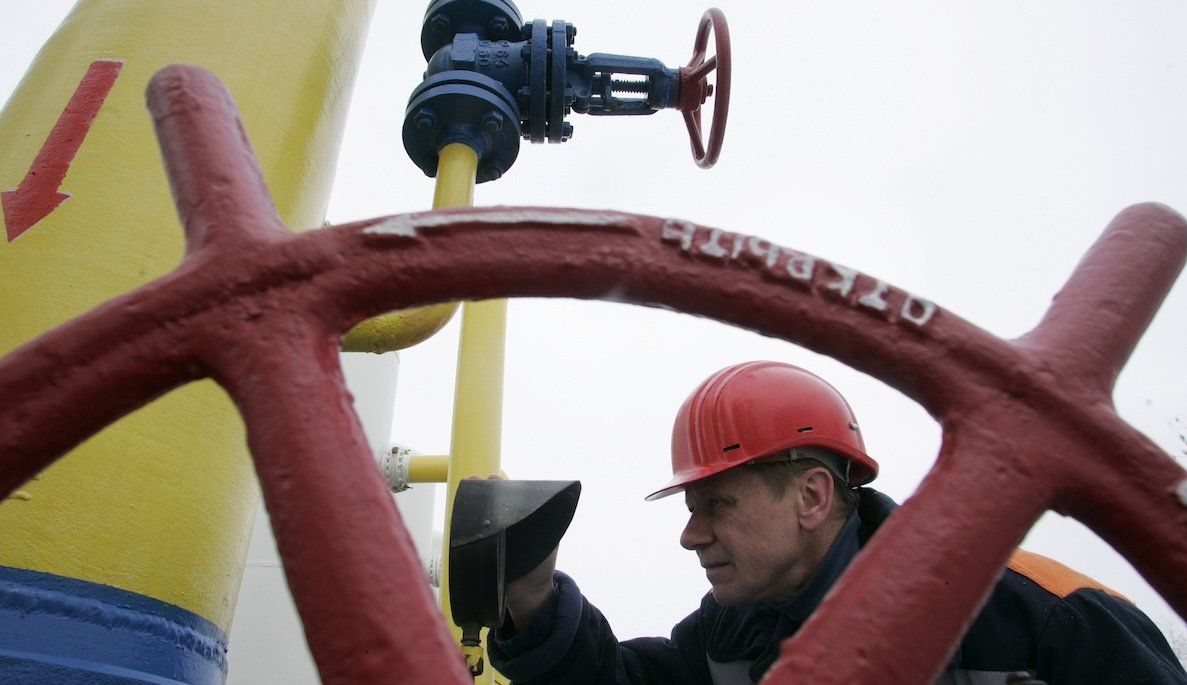What is the impact? Gazprom will lose close to $5 billion in annual gas sales, while Ukraine will lose $800 million a year in transit fees from Russia. Analysts do not expect a surge in gas prices, and so far the European winter has been mild. EU nations had already cut dependency on Russian gas from 40% to less than 10% since Moscow’s invasion of Ukraine in February 2022, ramping up imports of liquefied natural gas from the US and Qatar and accelerating investments in renewables. In 2023, Russia shipped around 15 billion cubic meters of gas through Ukraine to Europe, down from 65 billion cubic meters in 2020.
What’s next? While turning off the taps represents a symbolic end to Europe’s reliance on Russian gas, several EU countries, including Slovakia and Austria, continued to import significant amounts of gas from Russia, and will now rely on reserves and diversification. Slovakia has decried the stoppage, but EU candidate Moldova could face the worst impact. A harsh winter coupled with energy shortages in its breakaway area of Transnistria could prompt an exodus of pro-Russian refugees to Moldova, complicating its EU bid and further straining energy resources.
Gazprom will continue to deliver gas to Hungary, Turkey, and Serbia via other channels, including the TurkStream pipeline across the Black Sea.